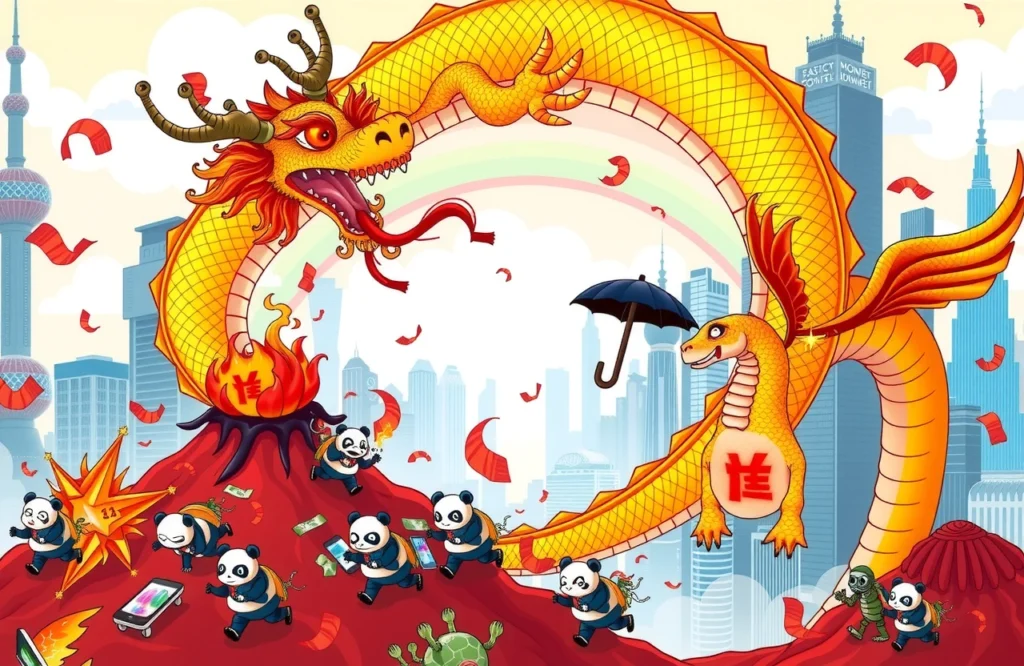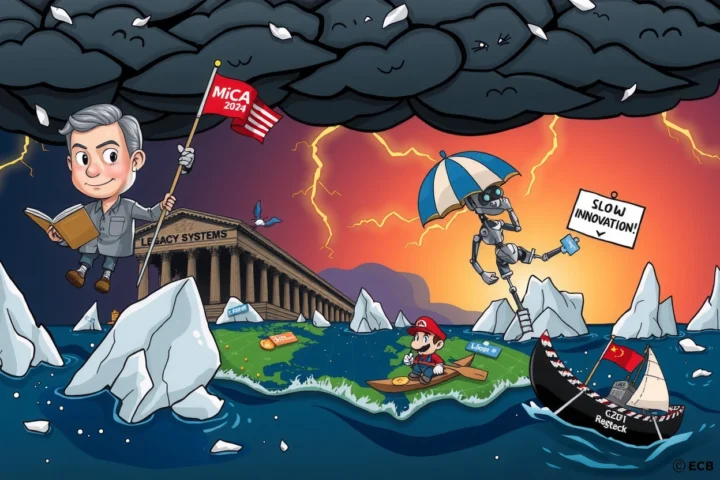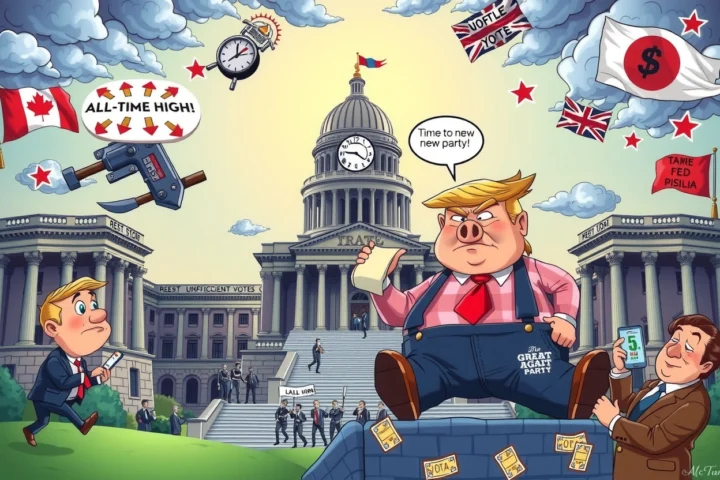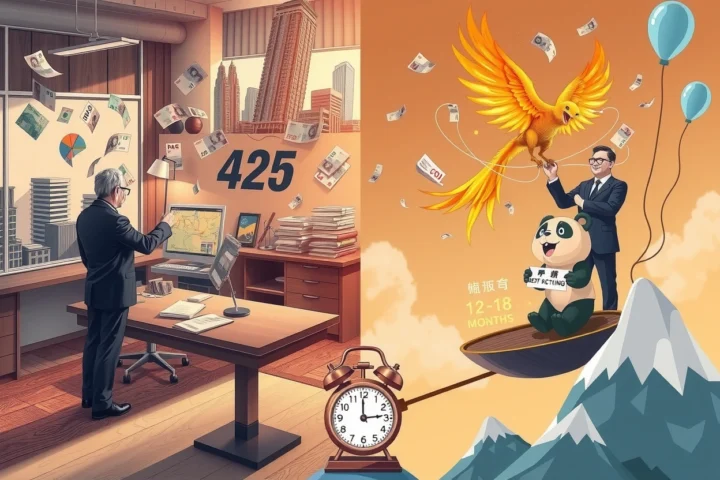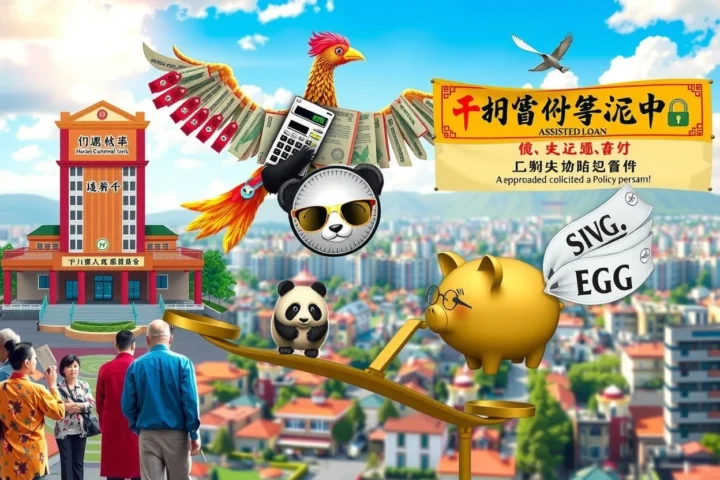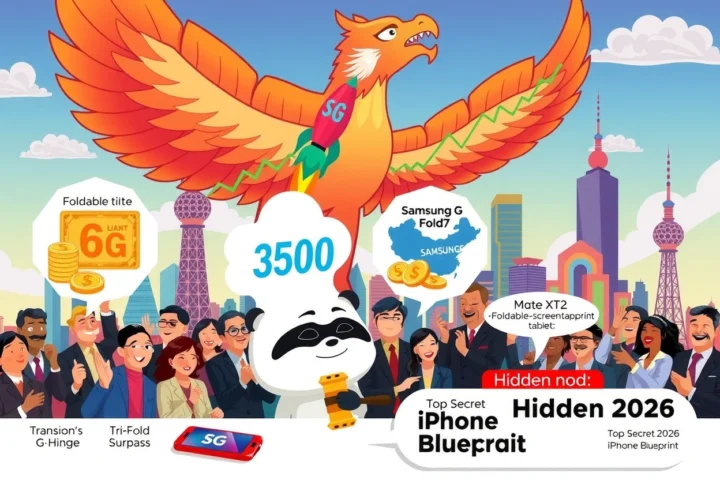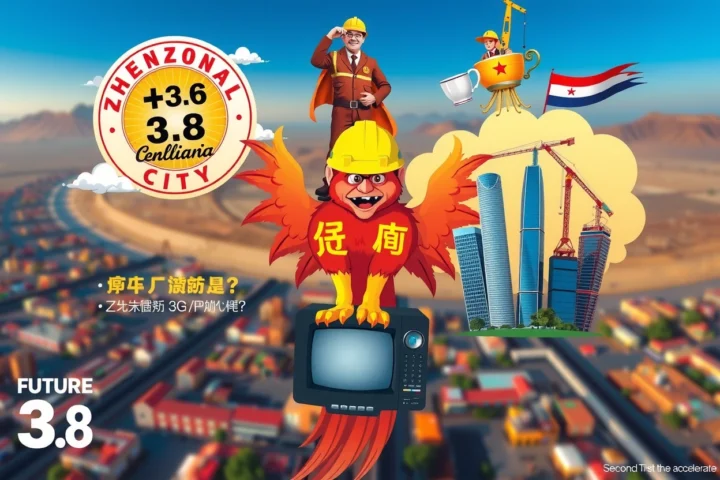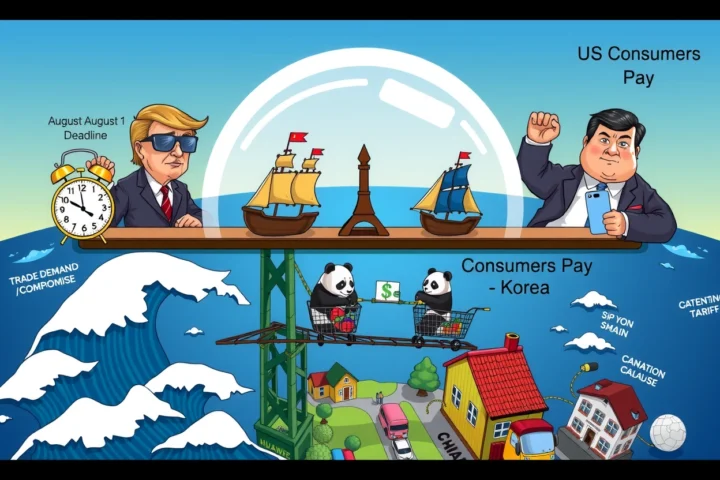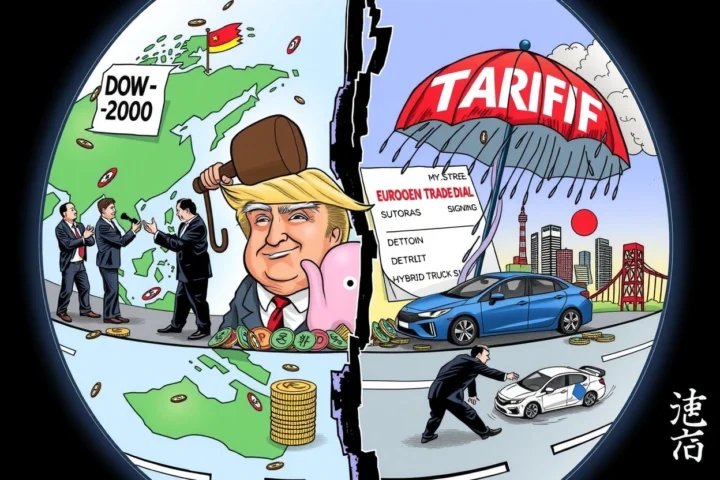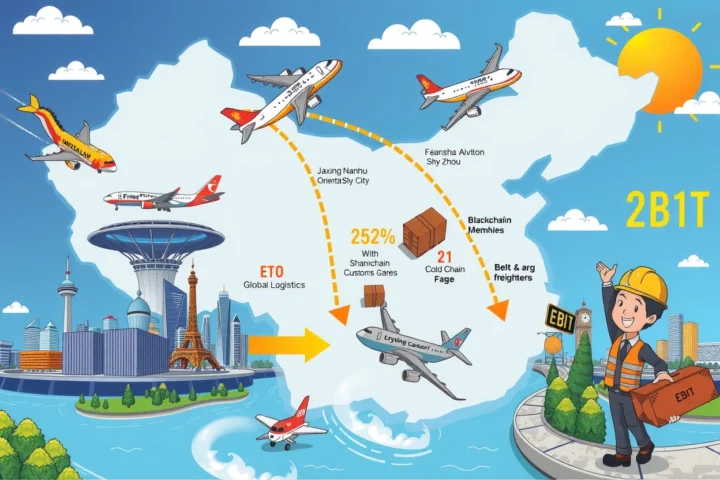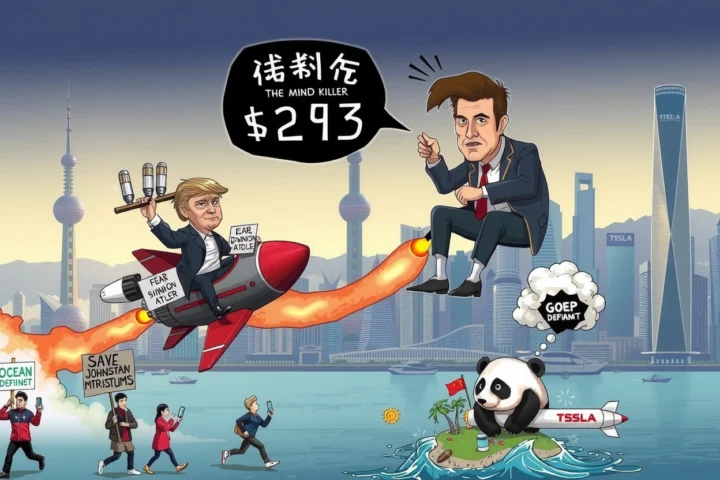A Defining Moment for China’s Property Giant
The 2024 annual shareholders meeting of China Vanke marked a symbolic transition in corporate leadership. Held at Vanke’s International Conference Center in Shenzhen on June 27, the gathering drew approximately 74 offline attendees—one of the largest turnouts in recent years. The seating arrangement spoke volumes: Shenzhen Metro Group Chairman Xin Jie (辛杰) occupied the central position, flanked by former top executive Yu Liang (郁亮) who now serves as Executive Vice President. This center stage change reflected Vanke’s ongoing organizational restructuring following January’s management overhaul.
The New Power Configuration
Symbolism in Seating Arrangement
Seven executives formed the front row: from left to right, Director Lei Jiangsong (Vanke’s Hong Kong representative), Director Huang Liping, Yu Liang (郁亮), Xin Jie (辛杰), Supervisory Board Chairman Jie Dong (解冻), Independent Director Liao Zibin, and Executive Vice President Li Feng. This contrasted sharply with 2023’s eight-person lineup where Yu Liang held center position. The deliberate center stage change positioned Xin Jie as meeting chair—a role he embraced by opening proceedings with a candid acknowledgment of Vanke’s challenges.
Leadership Dynamics in Transition
Xin Jie (辛杰) emphasized collaborative governance: “During my five months at Vanke, I’ve felt deep concern from stakeholders. Yu Liang (郁亮), Jie Dong (解冻), and I stand united in overcoming difficulties.” Observers noted frequent on-stage exchanges between Xin Jie and Yu Liang, suggesting cooperative adaptation to this center stage change. The Shenzhen Metro chairman highlighted integration benefits: “Combining our resources enables major projects. Our teams grow more unified daily.”
Confronting Market Realities
Yu Liang’s Market Assessment
Yu Liang (郁亮), speaking only once, addressed property market prospects: “Policy support will restore stable development. Since last September’s measures, we’ve seen market confidence and gradual recovery.” He outlined two key trends: diversified, quality-driven new home supply and the rise of completed-project sales as competitive advantages against secondhand markets. His limited stage presence underscored the center stage change while maintaining his advisory role in market strategy.
Debt Management Breakthroughs
CFO Han Huihong (韩慧华) delivered crucial financial updates: “We’ve successfully repaid ¥16.5 billion in public debt with no remaining offshore bonds due this year.” The company faces zero maturing offshore debt through 2026—a significant stabilization milestone. She affirmed Vanke’s commitment to “resolve all obligations through concerted efforts,” signaling cautious optimism amid sector-wide liquidity pressures.
Strategic Transformation Agenda
Owning Past Shortcomings
Xin Jie (辛杰) offered a blunt appraisal: “We failed to adapt to market shifts. Past high-leverage, high-expansion models created dispersed resources and exposed risks during the industry correction.” Addressing shareholders as “bosses,” he advocated collective responsibility and continuous improvement. His vision merges Vanke’s development experience with Shenzhen Metro’s infrastructure expertise—creating what he termed “1+1>2 synergy” to navigate sector transformation.
Tech-Driven Reinvention
The chairman unveiled an ambitious pivot: “Both Shenzhen Metro and Vanke must become technology enterprises.” He highlighted existing technological foundations and digital resources enabling AI application scenarios. This strategic center stage change positions Vanke beyond traditional development toward integrated smart solutions—leveraging partnerships with tech firms to redefine urban development models.
Investor Perspectives and Future Roadmap
Addressing Shareholder Concerns
Frequent applause punctuated proceedings as management addressed market anxieties. On market value fluctuations, executives noted: “Short-term volatility reflects multiple factors, but long-term valuation hinges on operational capabilities and shareholder value creation.” Xin Jie (辛杰) aligned leadership objectives with investor interests: “We share identical goals for Vanke’s health, stability, and sustainable growth.”
Three-Pillar Recovery Strategy
The chairman outlined Vanke’s revival framework:
– Resource optimization: Concentrating capital in core businesses
– Collaborative governance: Deepening Shenzhen Metro integration
– Innovation acceleration: Deploying technology across operations
He committed to “mobilize all resources for a return to healthy development,” positioning Vanke as a real estate transformation leader. This center stage change in corporate direction prioritizes resilience over expansion.
Navigating the New Real Estate Era
Vanke’s leadership transition symbolizes broader industry recalibration. Xin Jie’s (辛杰) central role affirms state-backed shareholder influence while Yu Liang’s (郁亮) continued presence preserves institutional knowledge. The dual focus—debt resolution and technological transformation—reflects pragmatic adaptation to China’s property market evolution. As developers abandon high-leverage models, Vanke’s integrated approach with Shenzhen Metro offers a potential blueprint for sustainable growth. Stakeholders should monitor these strategic implementations through quarterly disclosures and operational benchmarks to assess this center stage change’s effectiveness in navigating sector headwinds.




